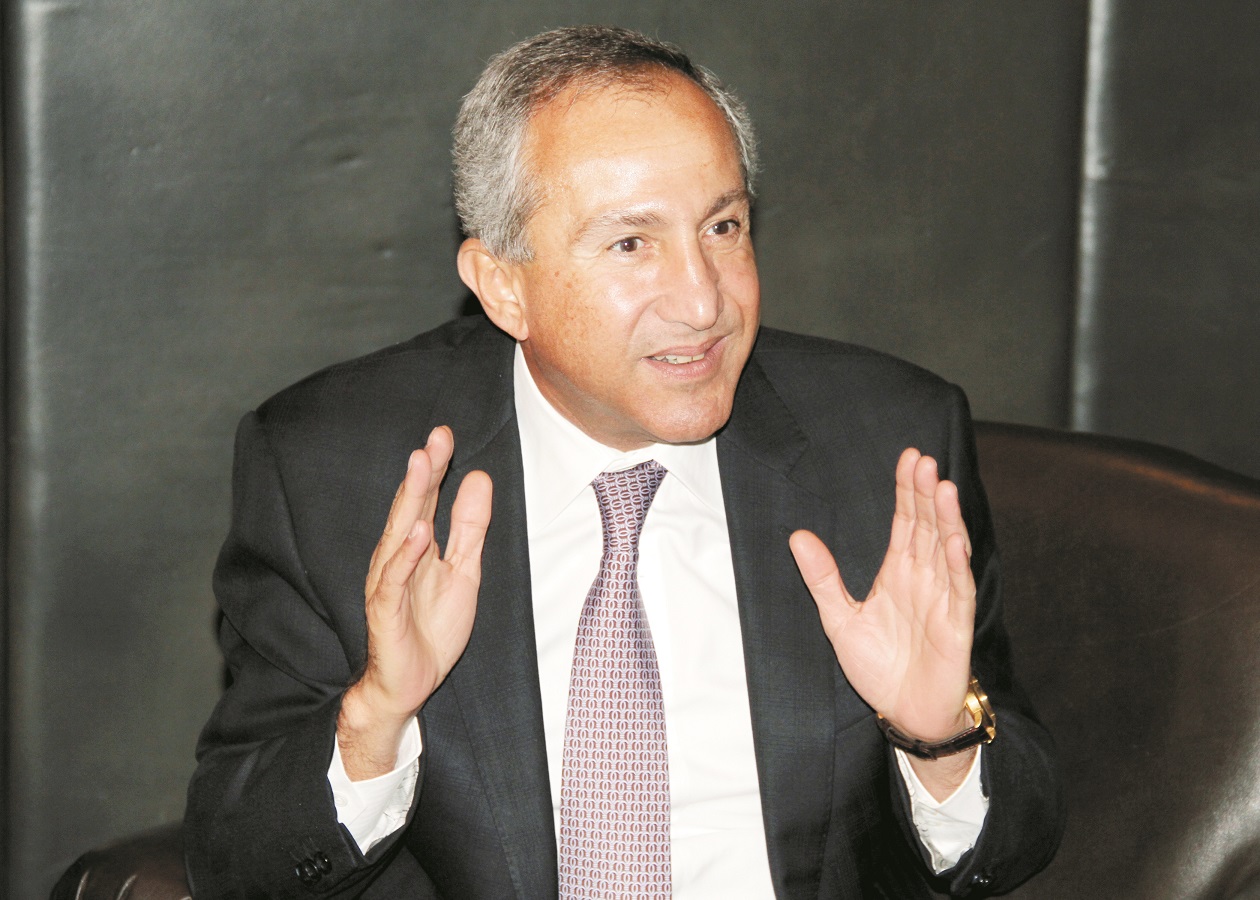The negative impact of the Egyptian pound’s flotation on the automotive sector is not tangible yet, said chairperson of the board of directors at GB Ghabbour Auto, Raouf Ghabbour. He added that the decision reduced the value of Egyptians’ reserves in banks by almost 50%.
He believes that the main problem is that Egypt’s economy does not depend on industry, emphasising that tourism and foreign cash transfers cannot be a real foundation for an economy because they are easily affected by acts of terrorism.
He stated that if Egyptians do not establish a real industry, the price of foreign currencies will rise higher and higher, and soon there will be insufficient US dollars to import cars, or there will not be customers to buy cars given the high prices.
Ghabbour added that Egypt’s economic problems affect both manufacturers and importers, and that it is time for Egyptians to care for their country.
“We have everything to start a real automotive industry in Egypt, even more than similar countries,” Ghabbour noted, adding that 10 years ago, a country like Morrocco did not have any experience in the industry. However, he stated that Egypt has more than 50 years of experience in the field, a large market of 92 million people, international agreements that can help the market expand to more than one third of the world’s population in Europe, Africa, and Arab countries, and some of the cheapest labour in the world that could be excellent if well-trained.
He believes that the market will achieve sales of a million cars a year if it achieves a high growth rate. One million cars cost $15bn, and if Egypt implemented the strategy of using 15% of local components in a car, it would save up to $7bn.
The government cannot do anything alone, Ghabbour noted, adding that both the government and private sector have to cooperate to establish the industry.
He believes that 2017 will witness a deflation in car sales during the first half (H1), and the second half (H2) will witness a rise in car sales again.
Farid El-Tobgui, CEO of Bavarian Auto Group, said unfortunately nothing has happened since last year’s summit, but that Egypt has a great chance in the industry.
He believes that Egypt is attractive for automotive investments, adding that the government has to revise the automotive industry strategy and raise the usage of local components to 30-40%.
El-Tobgui said Morocco started by manufacturing 5,000 cars a year, and now produces more than 300,000 cars, which means that Egypt has to come up with a perfectly implemented strategy. Increasing car sales could happen through getting rid of cars that are 20 or more years old, revising negative agreements, and increasing the purchase power.
Isao Sekiguchi, chairperson and managing director at Nissan Motors Egypt, said the summit is a déjà vu from the one last year. Establishing an automotive industry in Egypt relies solely on the government implementing a strategy and then the rest will follow, he added.
He believes that the automotive industry must be at the core of Egyptian industries, stating that Egypt must learn from the successful industry Morocco has established.
Egypt needs to train the labour force in this sector in order to become competitive in the region, using the current unemployment rate, he noted.
He believes that the government has to develop new urban cities to increase the capacity to absorb the high population, adding that such things will enhance car sales.
Karim Naggar, CEO of Kayan company, said the company needs a clear vision in order to ask Volkswagen to establish a factory in Egypt.
He added that the country needs to produce high quality cars that meet European standards in order to be able to export.
Naggar said SEAT established a factory in Algeria; the first car will be produced there in March 2017 from imported components. He added that the government has to let investors establish their factories first before telling them about increasing the amount of local components.
“We have to see what is happening in the world to walk in its steps instead of walking behind it,” Naggar said, adding that the next generation of cars will witness new technologies. New cars will use electric rechargeable batteries, and if Egypt wants to establish an automotive industry, it has to work on the current new technology, not the old one.




